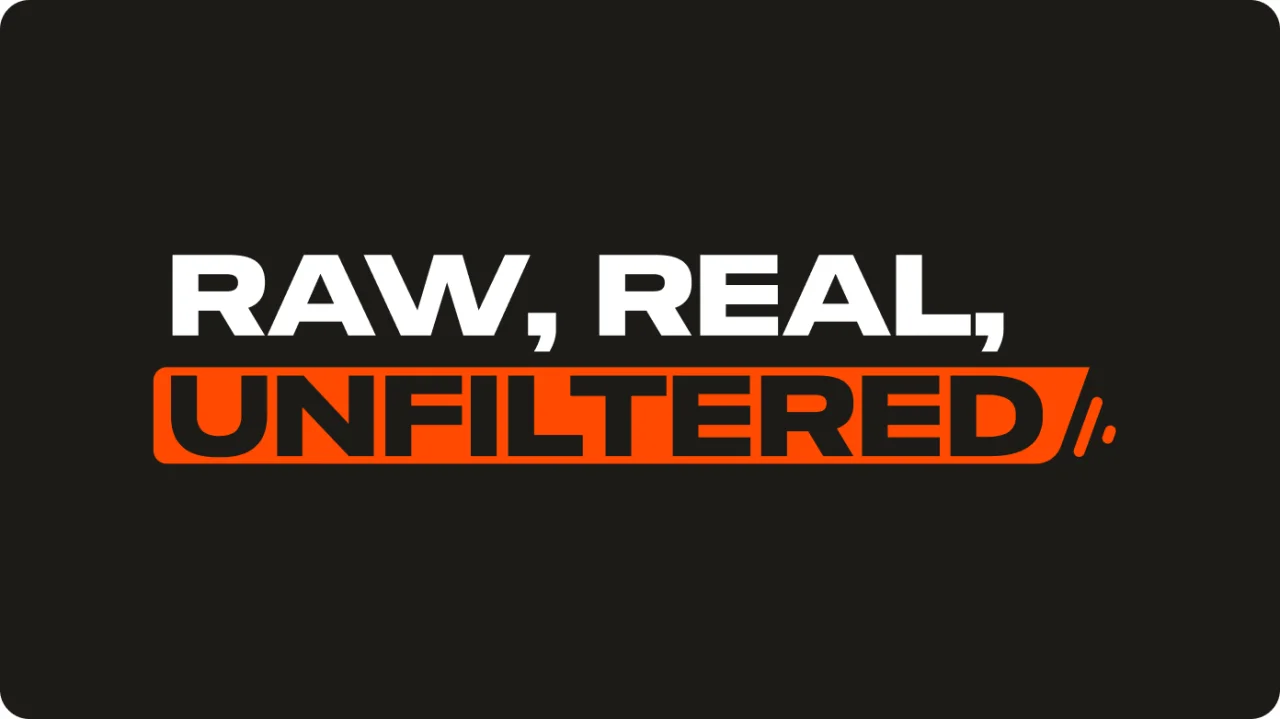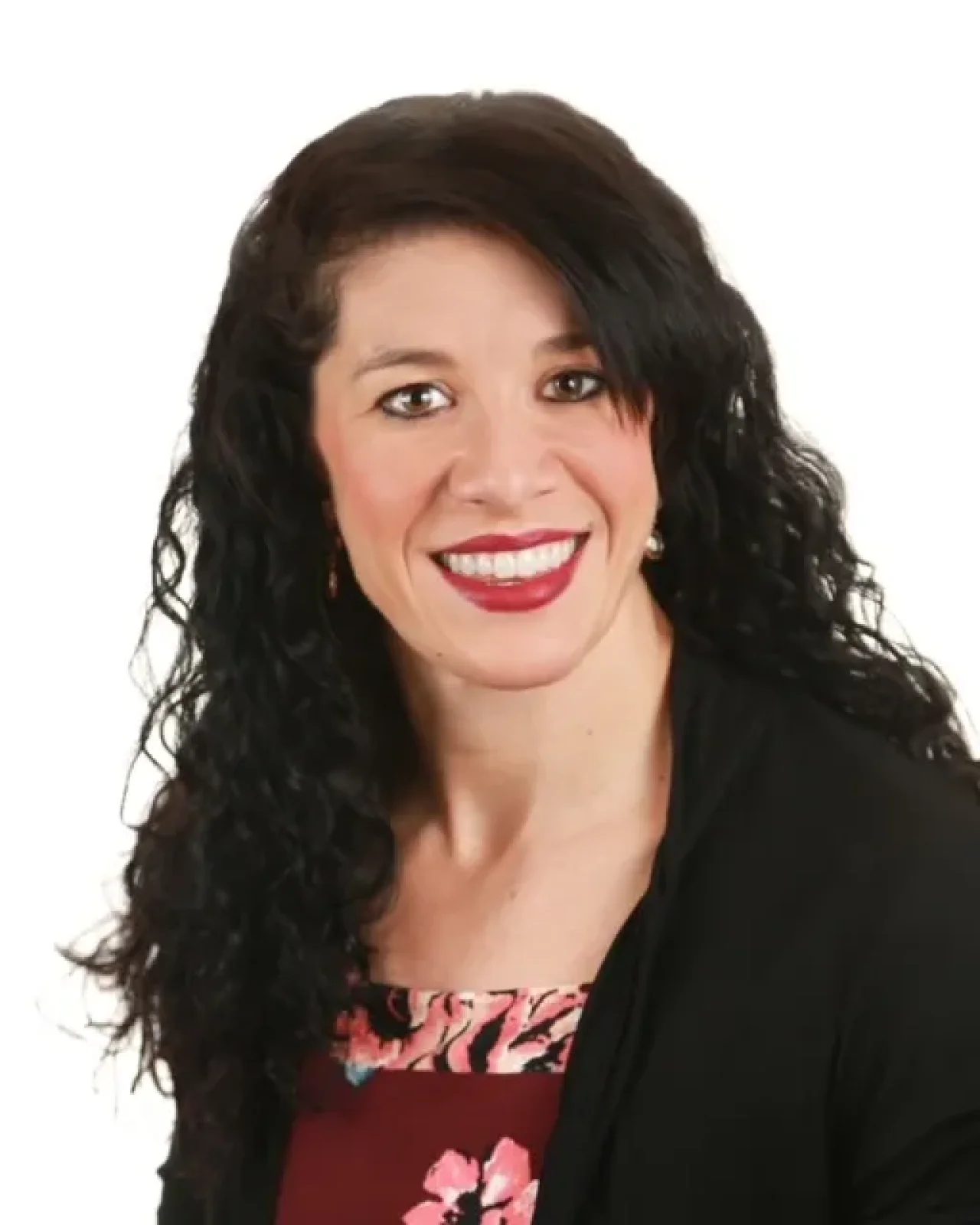What Is Professional Coaching and Why Is It a Great Career Option?
Professional coaching involves partnering with clients in a thought-provoking and creative process that inspires them to maximize their personal and professional potential. It can be a powerful tool for individuals and organizations and takes many forms, including leadership, executive, and performance coaching.
The industry has exploded in popularity in recent years, with projected growth from $3.68 billion in 2024 to an impressive $6.62 billion in 2029, driven by several factors, including:
Increased awareness of mental health
A growing demand for personal development
Heightened stress levels due to modern lifestyles
The development of corporate wellness programs
Increased disposable incomes
A larger emphasis on work-life balance
What makes this career path even better is the low startup costs. You don’t need a fancy physical office, inventory, or a bunch of upfront capital to get up and running. All you need is expertise, a laptop, a solid internet connection, and the right business structure.
What Does It Take to Be a Coach in 2025?
The world of professional coaching has changed dramatically over the last several years. Thanks to video conferencing and professional coaching programs like CoachAccountable and BetterUp, coaches can work with clients across the globe from their home office. Coaching is not just giving advice or telling people what to do. It requires core human qualities like empathy, curiosity, patience, and accountability to be successful.
To stand out, you’ll want to develop a strong personal brand that helps people understand the value of what you do, specialize in a niche, and continually invest in learning more about ways to support your clients. The best professional coaching services offer clients measurable return on investment (ROI), whether in job promotions, improved performance, or personal satisfaction. So, being results-driven is key to keeping clients and positive referrals.





